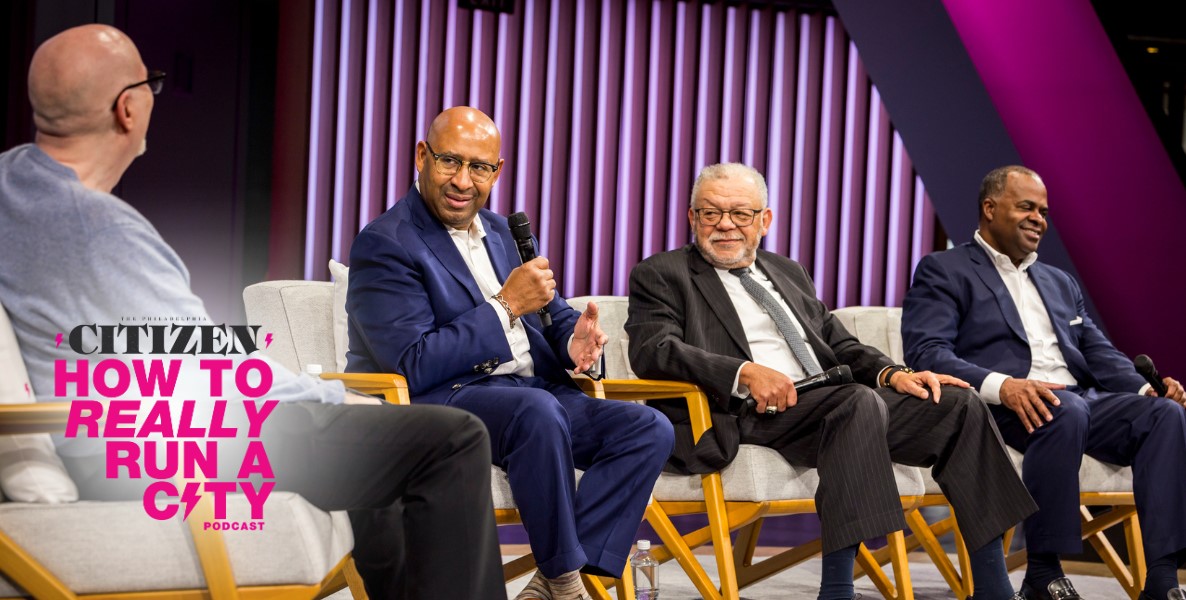If the only thing you knew of modern policing came from viral video clips, of course you’d think police officers were bad actors, racist and violent militarists who trusted that they wouldn’t face consequences for their actions.
But the reality is that the majority of officers want nothing to do with bad actors; the majority never remove their weapon from their holster; and even fewer shoot their guns.
Good policing stems from standards and standardization, a sort of codification of integrity that leaders like former Philly and Washington, D.C. Police Commissioner Charles H. Ramsey put in place during his tenure in two of the nation’s largest cities.
It also comes from having — and wisely using — good technology and good data. It’s the analysis of the data that’s critical, Ramsey says. Because it’s by analyzing trends, patterns and emerging trends with real-time data that you can develop strategies to get everyone working together. As co-host Kasim Reed, former Mayor of Atlanta, says, data also keeps mayors and leadership reasonable — it helps leaders be realistic about what they’re expecting from their police.
Analyzing trends also enables police to call on other service providers — like mediation and social services — before situations escalate to crime. Research has shown, for example, that physical violence in a domestic setting usually occurs after the third call to police. What if, Ramsey posits, after that first call, police were able to reach a city agency that deals with counseling, to send them to an at-risk house — before you end up with a homicide?
Co-host and former Philadelphia Mayor Michael Nutter points out the value in getting data from the prison system and the courts. If officers know that someone involved with a beef on the streets is about to be released? Well, they can get ahead of that. They can anticipate what might occur — and take action to prevent it.
As for the role of technology in policing, Ramsey calls out the biggest concern leaders must be mindful of: making sure technology is always used in a constitutional framework. Technology, after all, is advancing faster than policy can keep up with — and leaders must make sure it’s being used appropriately.
So what does Ramsey think of the role of unions when it comes to strengthening police and communities? For his hot take, you’ll have to listen to the episode here, or wherever you get your podcasts.
![]() MORE EPISODES OF HOW TO REALLY RUN A CITY
MORE EPISODES OF HOW TO REALLY RUN A CITY



